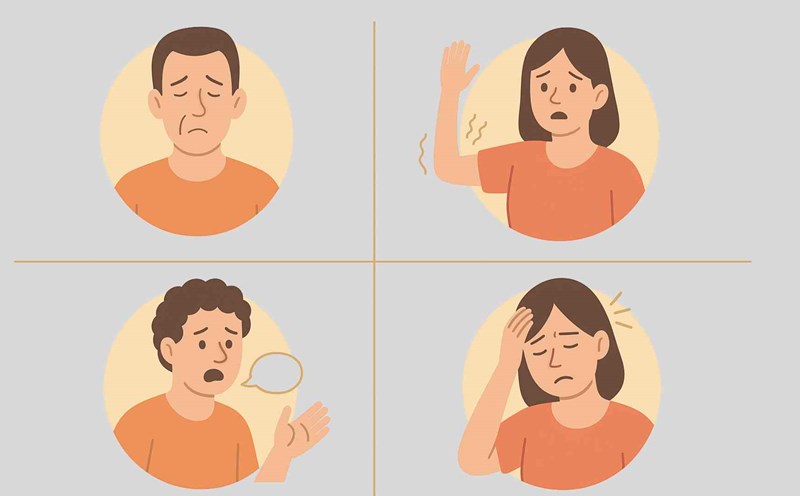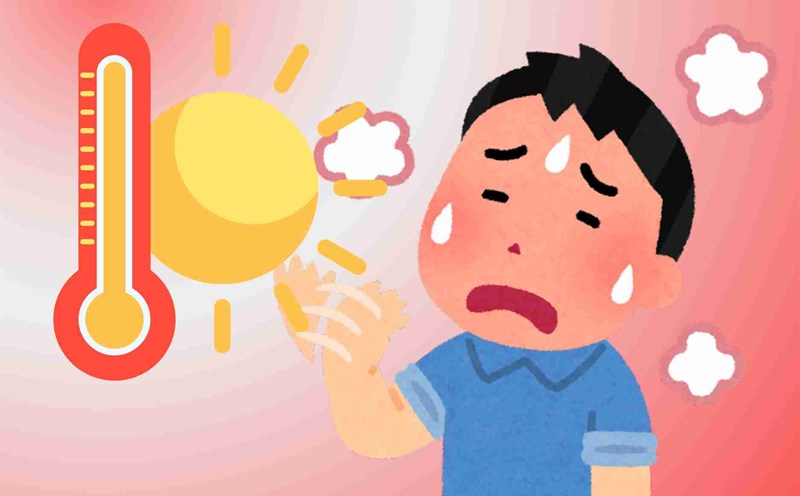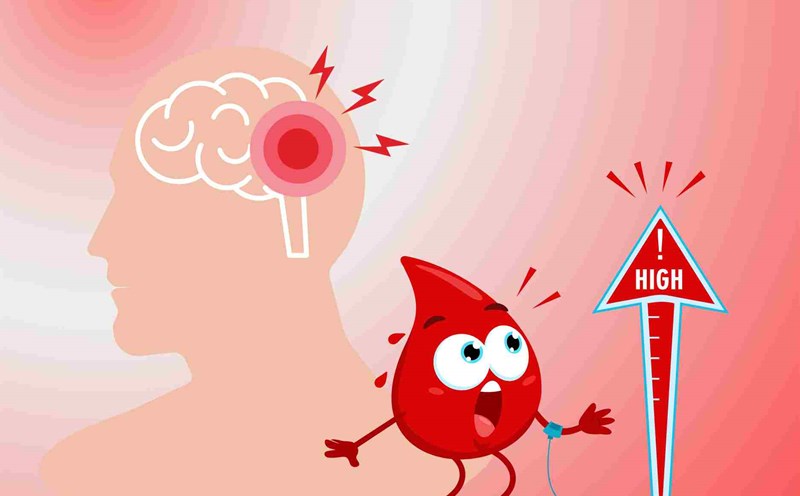Invisible scar on the brain
According to Dr. Nguyen Tien Dung - Deputy Director of the Stroke Center, Bach Mai Hospital, cognitive decline after stroke is a common condition but is often overlooked. It is not simply congestion, but a comprehensive decline in brain functions, including memory, concentration, planning, problem-solving, language use and social cognition.
Patients often feel changes in themselves - feeling confused, helpless, and lose confidence when they cannot do seemingly familiar tasks. This can easily lead to stress, depression, and a tendency to isolate themselves. This is the "silent burden" that the patient and the whole family have to bear in the journey after a stroke.
"The signal acting as a complex communication network, relying on neurotransmitters to transmit signals. In particular, Acetylcholine plays an important role in memory and learning activities. When a stroke occurs whether it is a stroke or cerebral hemorrhage a lack of oxygen damages nerve cells, hindering the synthesis and release of Acetylcholine. As a result, the network of connections between brain regions is "broken", causing widespread cognitive disorders," Dr. Nguyen Tien Dung analyzed.
Comprehensive treatment strategy
Doctor Nguyen Tien Dung emphasized that cognitive decline after stroke can be completely intervened and improved if treated properly, combined with many methods.
Preventing recurrence is an important foundation. Good control of risk factors such as high blood pressure, diabetes, dyslipidemia, frostbite... helps reduce the possibility of a second stroke - a key factor in protecting the brain.
Pharmaceutical therapy plays a role in supporting the recovery of the neural network. Cholinesterase inhibitors help preserve the remaining amount of Acetylcholine in the brain. In addition, supplementing the precursor Choline - "resurces" for the synthesis of Acetylcholine - has been shown to significantly improve cognitive function. This method has now been included in domestic and international treatment guidelines.
Rehabilitation and psychological support are also indispensable. Physical therapy helps patients restore mobility, therapeutic activities and language therapy helps them re-perform daily activities. brain training exercises can help improve flexibility in thinking. In particular, psychological support and companionship from the family are decisive factors in helping patients overcome invisible damage.
Need to raise public awareness
Doctor Nguyen Tien Dung advises that recovery from stroke is a long journey, in which cognitive decline is an inevitable part. That is not the end, but a challenge that needs to be overcome with understanding, perseverance and support from modern medicine.
If your loved one shows signs of memory loss, difficulty concentrating, or changes in emotions after a stroke, don't hesitate to share with your doctor. Early detection and proper treatment will open up opportunities for patients to reintegrate into life, maintain confidence and improve the quality of life in the following years.











